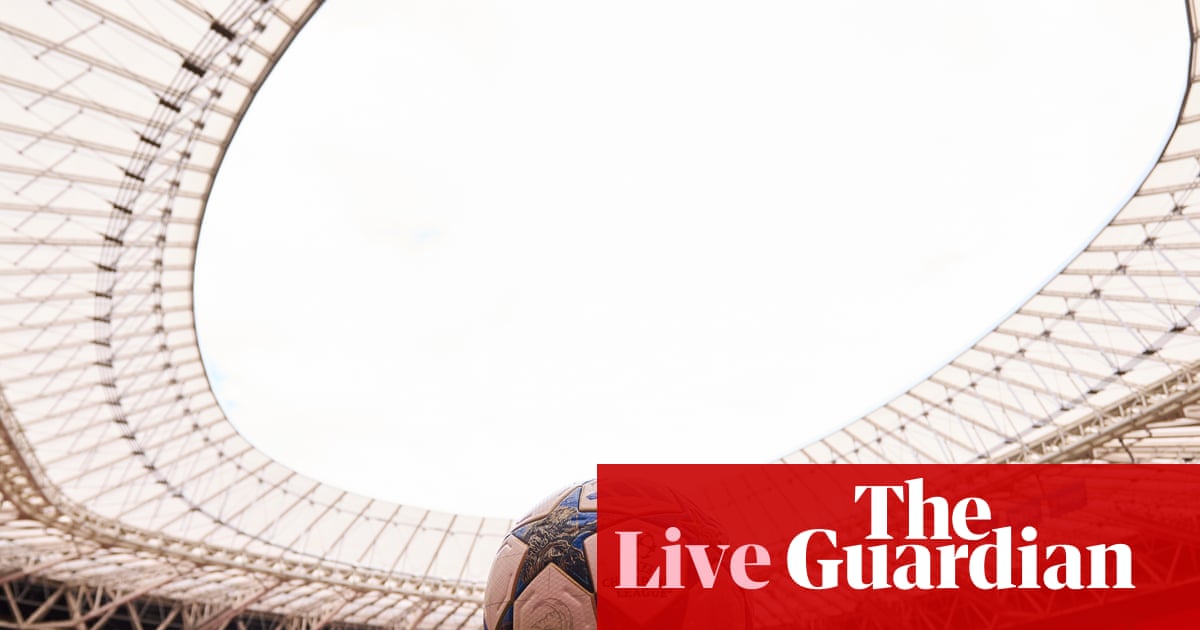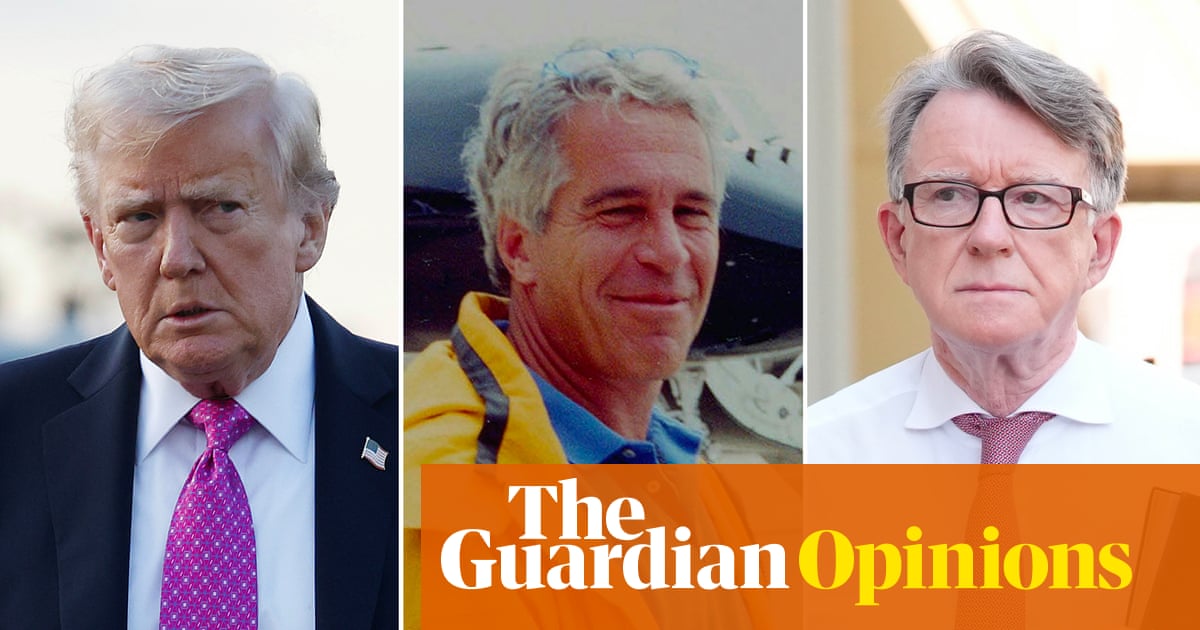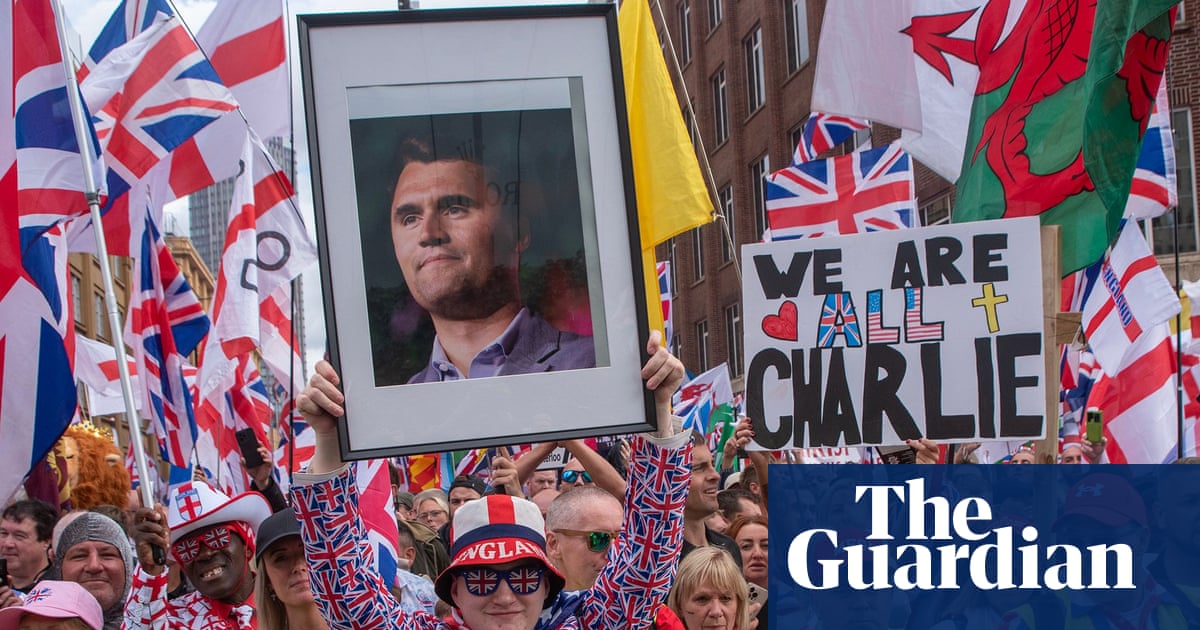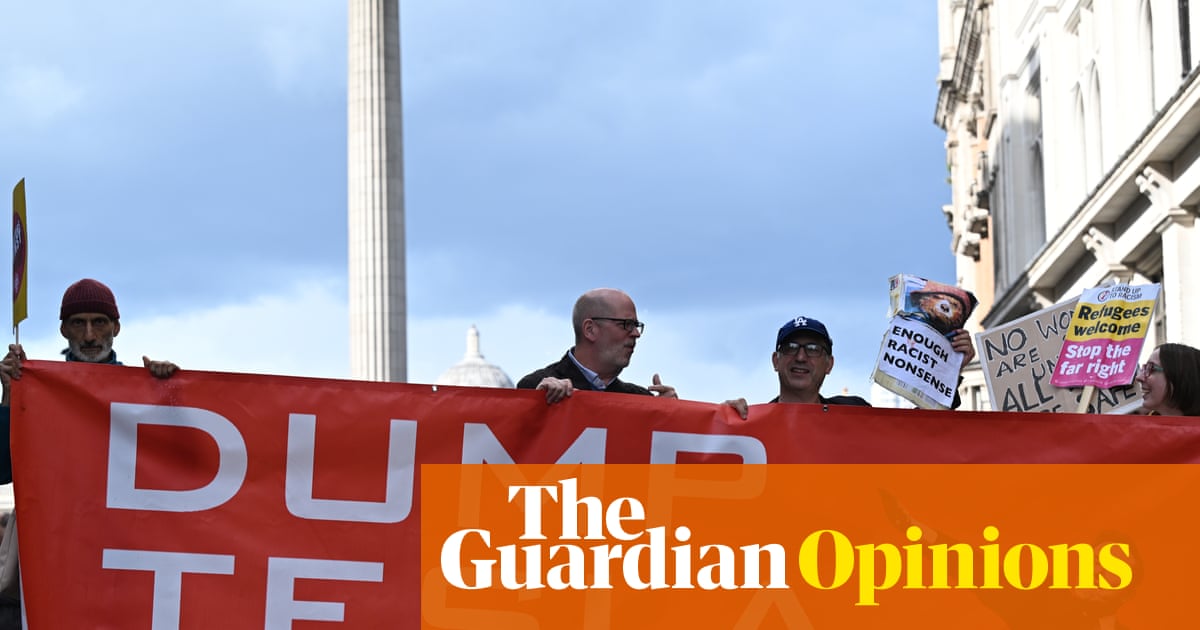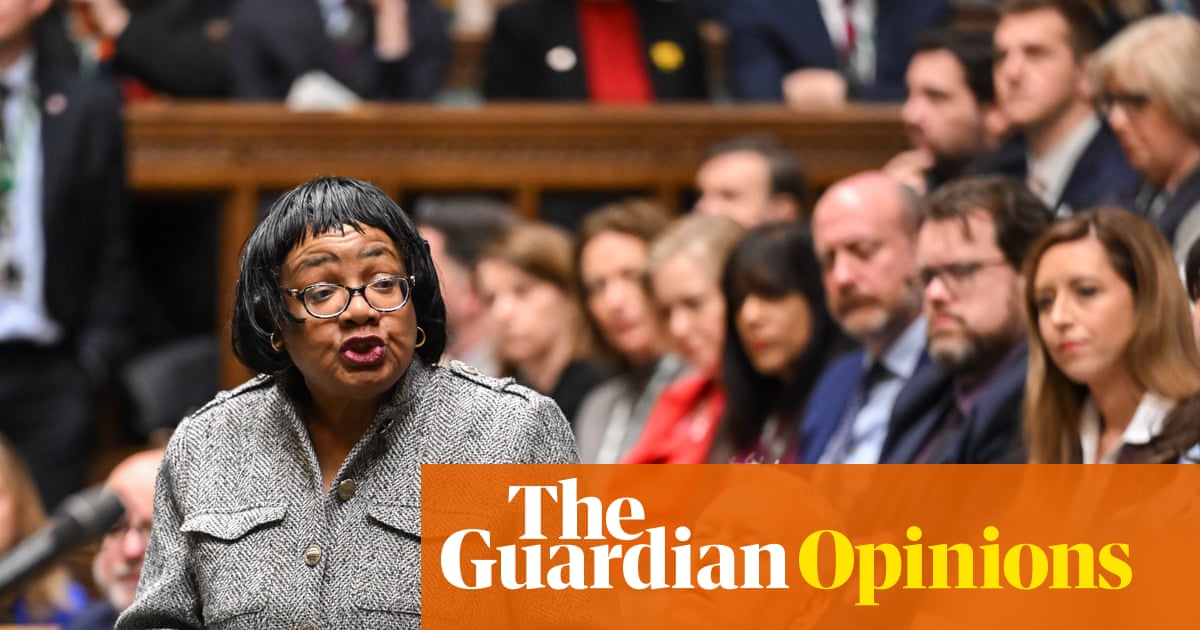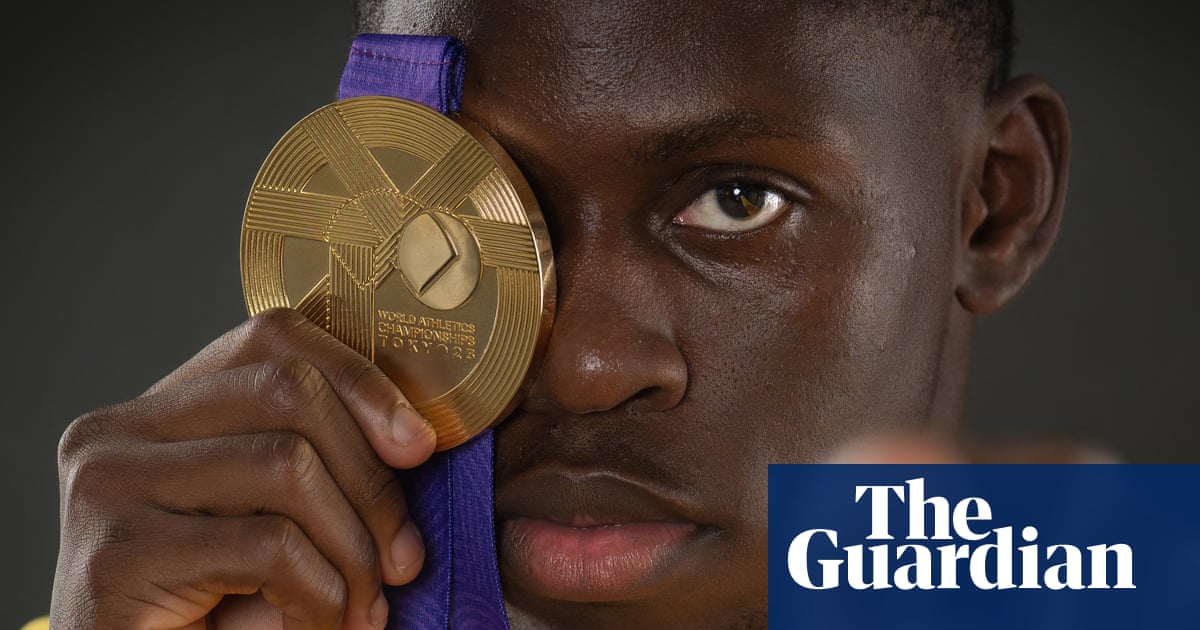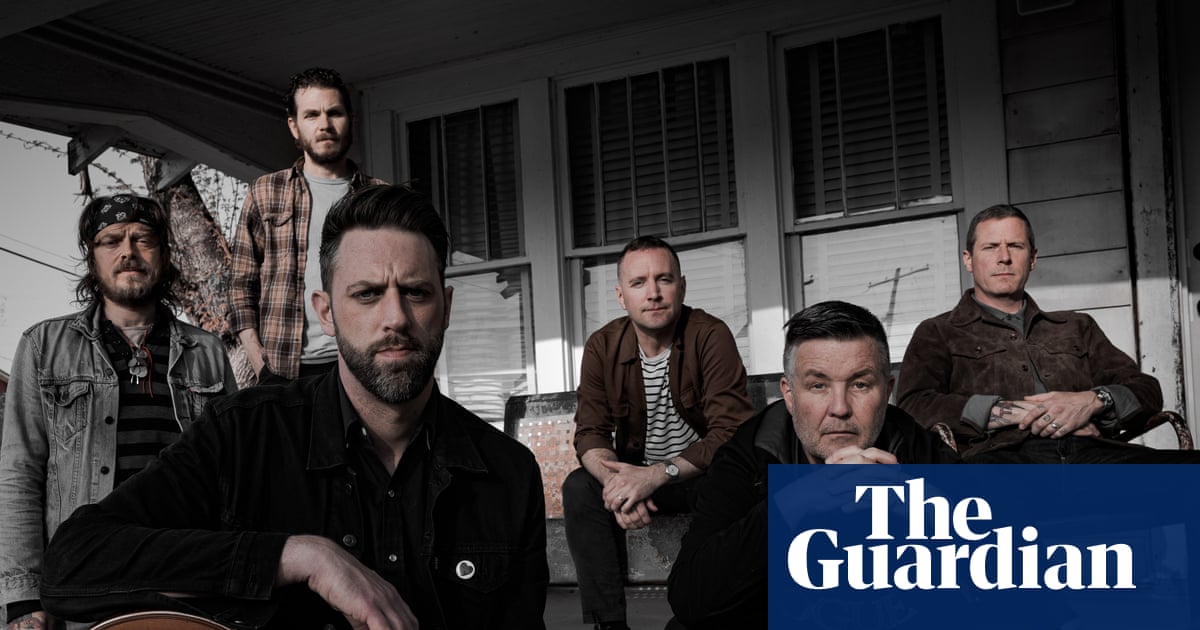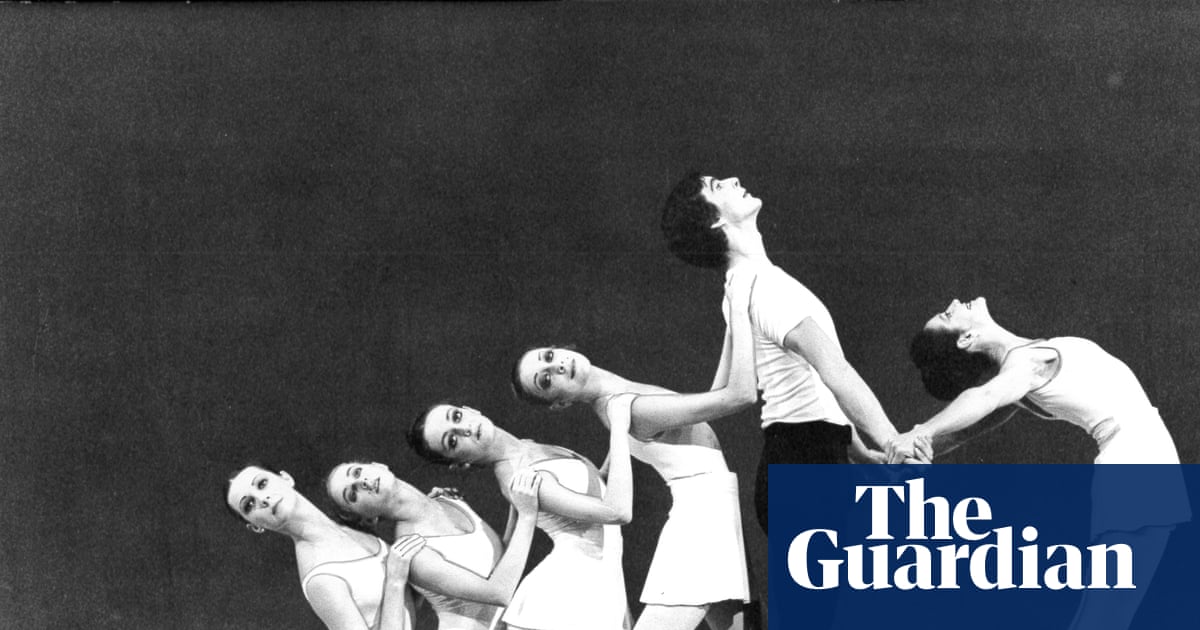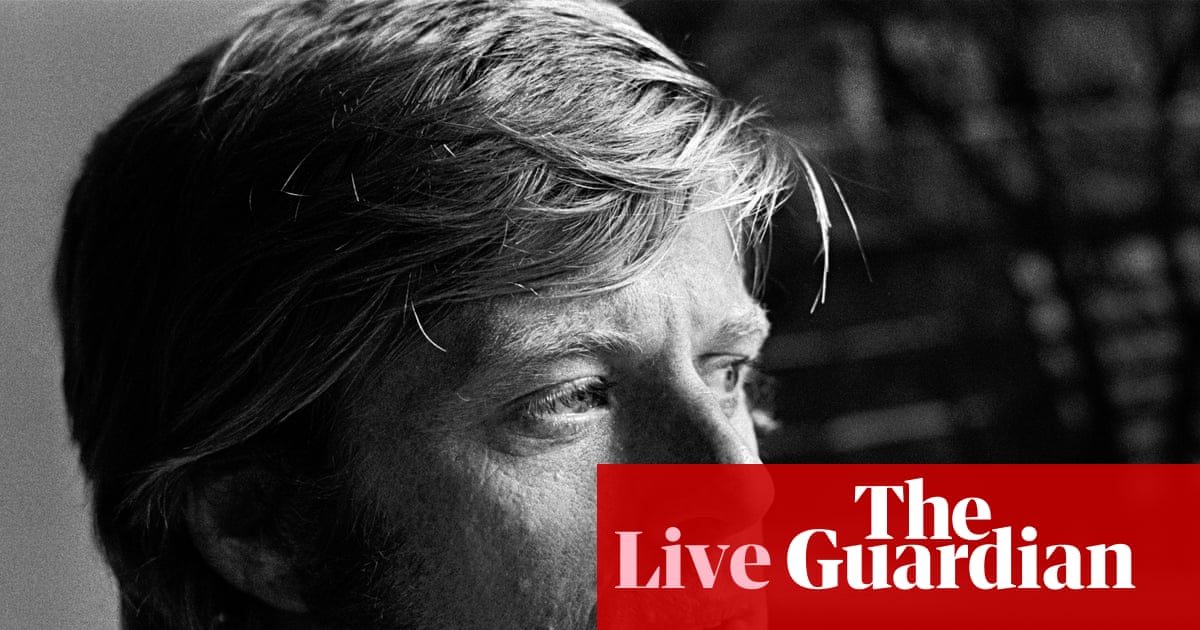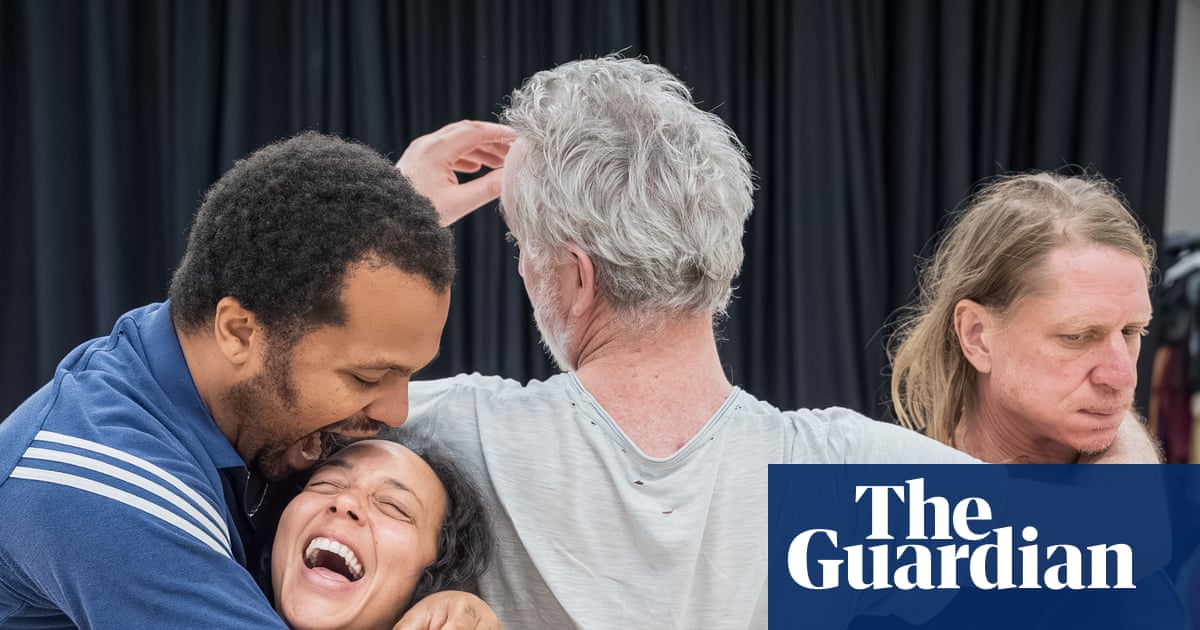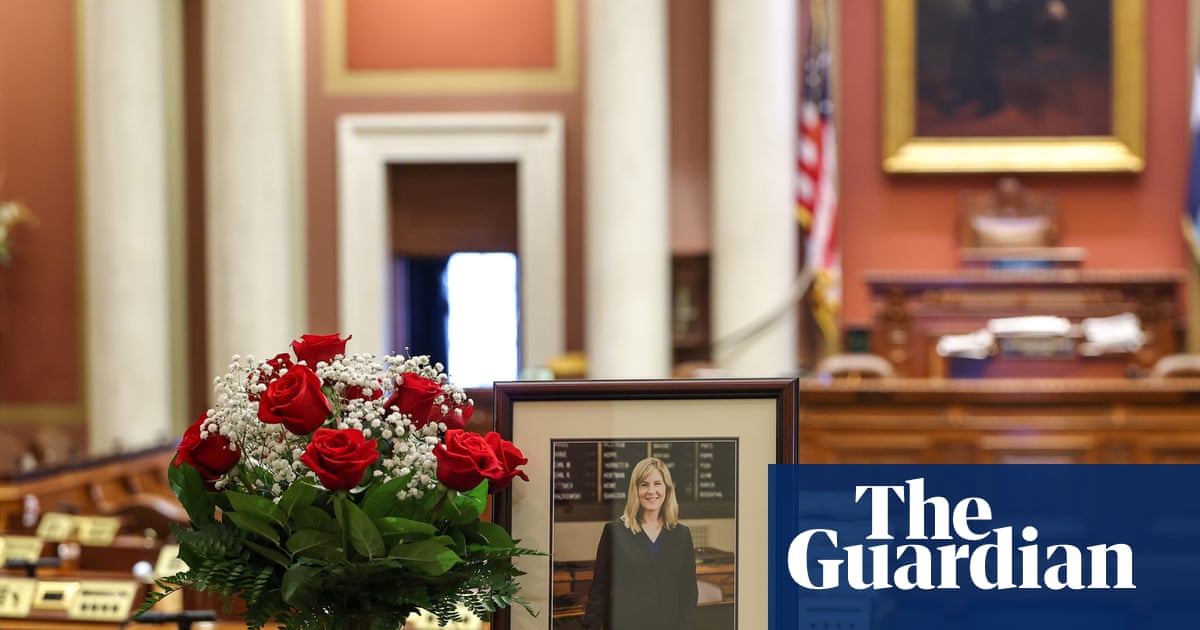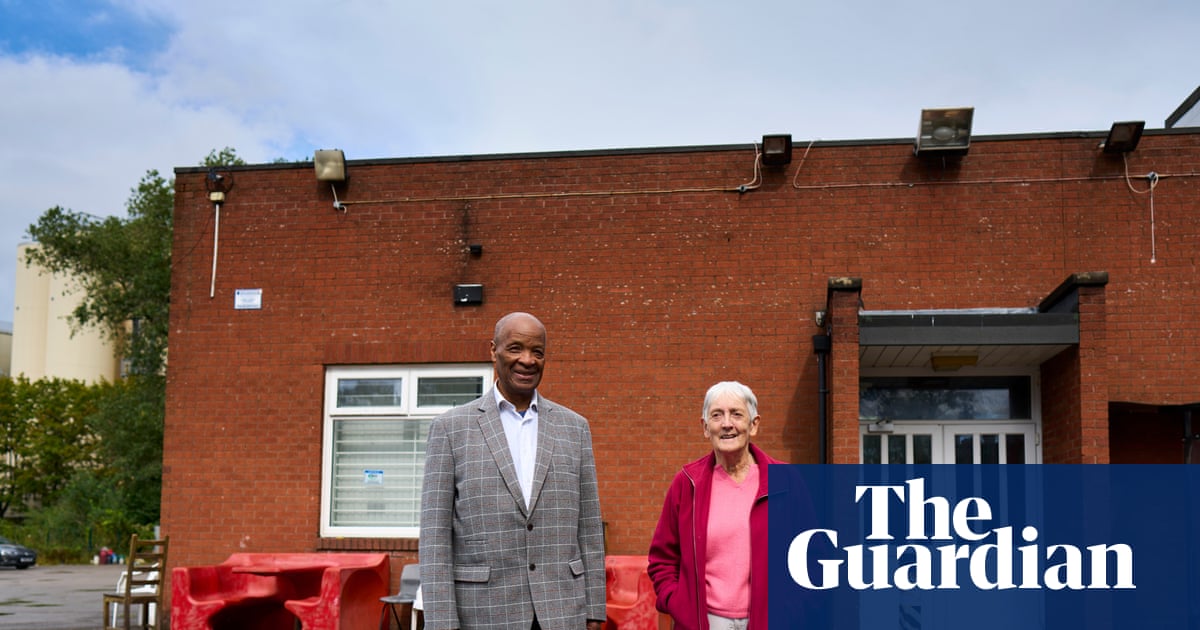Of course he has been taking part in training. Quite frankly, it would have been deeply and offensively off-brand for Xabi Alonso not to have joined in. Darting around in the roasting heat, physically moving players into his desired positions, pinging pinpoint passes in his classic Predator boots: it was Alonso in his purest essence, and as the new Real Madrid coach oversaw his first sessions at Valdebebas this week it was hard not to feel that on some level nature was healing.
As a player Alonso was a difference-maker, a details man, a midfielder who adored the ball and tried to leave nothing to chance. As a coach, the same traits define him. Sessions are high-intensity, fast-paced, but almost always with the ball at feet. He intervenes constantly, always correcting, always cajoling, and in case of doubt he can always grab a ball and illustrate the point himself. Zinedine Zidane would occasionally participate in training if numbers were short. But with Alonso it is almost as if he needs to be involved, that playing and coaching are simply two ways of painting the same picture.
In one sense, this is the perfect fit. The courtship has been protracted and very public. At his unveiling Alonso described the feeling of “home” that overcame him as he arrived back at the club he first joined 16 years ago. “We all knew very well what your fate would be since you first sat on a bench,” the president, Florentino Pérez, said. In another sense, however, Alonso represents a clean break with Madrid’s past, and how that tension plays out will to a large extent define the success of his tenure.
Even Alonso’s predecessor, Carlo Ancelotti, admitted the need for change, observing that after a disappointing season “the club needs a new impulse”. But how much change, how fast? In retrospect, Ancelotti’s and Zidane’s four spells in charge between 2013 and 2025 represent a kind of dynasty. Together they established a certain archetype for a Madrid coach: a perception (if not always the reality) that the job is ultimately to do as little as possible. That the essential function of the coach is to impose not doctrine but order.
Certainly it is the coaches with the most dogmatic ideas of how to play – Rafa Benítez springs to mind – that have often been the least successful. This is a club structurally resistant to outside influence, to any creed more complex than simply being Real Madrid, waiting for the arc of the universe to bend towards them and seeing how that works out.
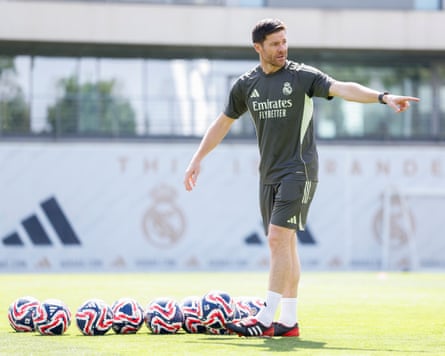
Alonso, in tone and temperament, is built from different stuff. He is not a passive coach. He is not an overseer. He has distinct and defined ideas of the game, now allied with the reputation and the record and the mandate to shake things up. He will, at least in the short term, get what he wants. So what does he want?
If Alonso-ball can be expressed in a single principle, it is fluidity. His Bayer Leverkusen teams were often a hybrid of a back three and back four, where defenders and midfielders exchanged positions, where the distinction between wing-backs and wingers was never entirely clear, where conventional strikers were a plan B at best. “Today’s football demands flexibility and dynamics,” Alonso said at his unveiling. “It demands that you move your pieces around.”
In practice this means centre-halves who can step up, full-backs who can tuck in, wingers who can also play through the centre and midfielders who can control the game from deep. The signings of Dean Huijsen and Trent Alexander-Arnold, along with the pursuit of the Benfica left-back Álvaro Carreras and Real Sociedad playmaker Martín Zubimendi, fit with this strategy. Jude Bellingham is regarded more as a midfielder than a forward. Rodrygo, originally assumed to be expendable this summer, has been described as “a spectacular player” and told he is crucial to Alonso’s plans.
The common theme here is unpredictability: sudden switches of play, quick changes of tempo, from patience to chaos and back again. For this he will need to find an attacking structure that caters to both Vinícius Júnior and Kylian Mbappé (and Rodrygo and Endrick) while increasing work rate and fitness across the pitch. The lack of intensity was a clear contributing factor to the end of Ancelotti’s reign: in their Champions League defeat by Arsenal, they were collectively outrun by 71 miles to 63.
after newsletter promotion
The Club World Cup, where Madrid will begin against Al-Hilal on Wednesday, will offer our first opportunity to see how Alonso’s tactical ideas translate to the pitch, albeit with little time thus far to drill them. Other aspects of Alonso’s approach will reveal themselves only in time. As a former player and a friend of Pérez, Alonso will be well aware of the political currents involved at Madrid, the strain and the scrutiny. But, of course, knowing is only half the battle.
In recent months Madrid have cut an increasingly distressed and angry club, a rolling boil of tantrums and toxic dossiers, vague theories and veiled threats. Of Fede Valverde having to apologise to fans for not criticising the officials after one game. Of entire weeks consumed by whether Bellingham saying “fuck you” is worse than Bellingham saying “fuck off”. Of Antonio Rüdiger hurling ice at the referee after the Copa del Rey final.
The overall impression is of a club largely unmoored from itself: beyond the point at which its methods could be deemed unsound, to the extent that it was hard to see any method at all. Perhaps the only real blemish on Alonso’s record came towards the end of this season, when he allowed the noise over his future to mushroom out of control and his team started to lose focus as a result. Well, Madrid is all noise, all destabilisation. And they are not a club, or a fanbase, that readily forgive lapses.
So what happens when an interventionist coach takes on a laissez-faire culture? What happens when a devotee of small details takes on the most sprawling and chaotic job in football? What happens when a coach with ideas and values takes on a club with none? At his unveiling Alonso kept coming back to the idea of Madridismo. “My bond with Madridismo has never ceased to exist.” “We want to do things that inspire and excite Madridismo.” His first task, arguably, is to work out what it actually is.

.png) 3 months ago
77
3 months ago
77
